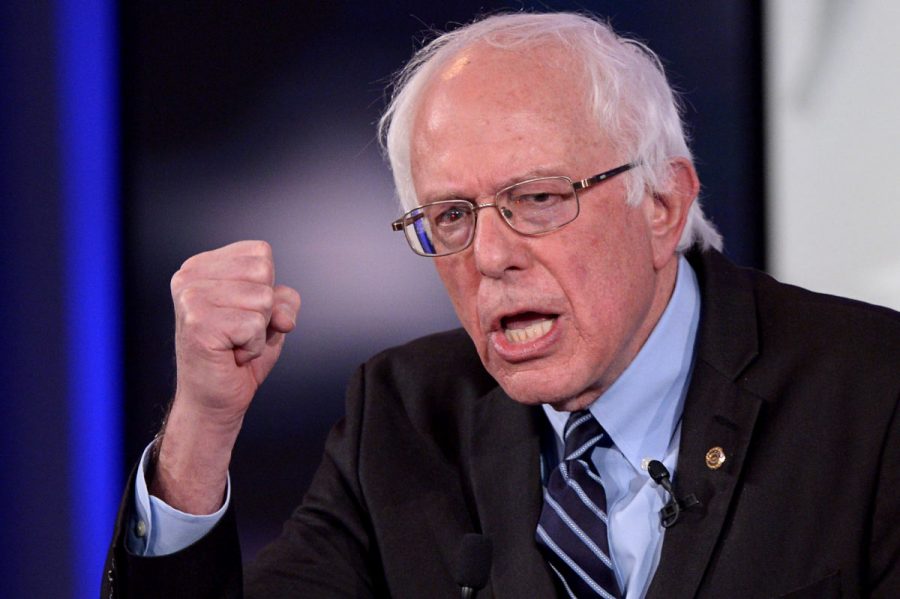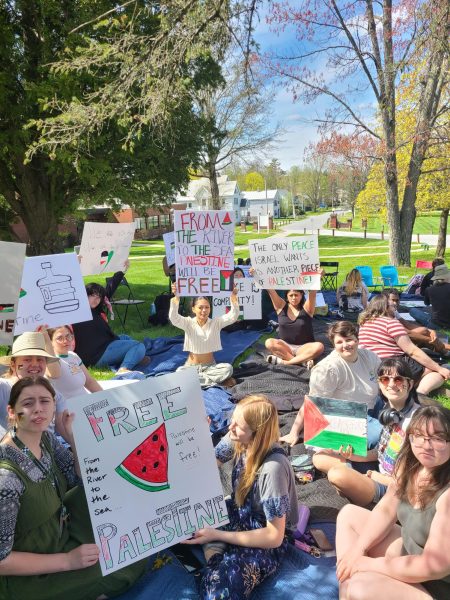The healthcare crisis no one is talking about
The United States faces a major crisis in primary health care, and unless Congress acts immediately it is likely to become much worse.
Millions of Americans are at risk of losing their access to health care because Congress did not renew funding for the community health center program at the end of the fiscal year, Sept. 30. Unless we renew funding immediately, 70 percent of funding will be cut, the doors of 2,800 community health centers will close, and 9 million patients will lose access to quality health care. That is unacceptable.
Our nation’s community health centers provide affordable, high-quality health care to more than 27 million people. This includes not only primary health care, but also dentistry, counseling, and low-cost prescription drugs. For the 13 million rural patients served, community health centers often are the only health care provider for hundreds of miles. And they provide good jobs in communities that need them the most.
Community health centers not only save lives, they also save money. Instead of people ending up in expensive emergency room care, or in the hospital, they get the primary care they need, when they need it, at high quality medical centers. Compared to other providers, community health centers save on average $2,371 per Medicaid patient and up to $1,210 per Medicare patient. What’s more, community health centers have played a pivotal role in generating more than $49 billion in savings to the entire health care system.
Not only do we have to renew funding for the community health center program, we must also improve and expand the National Health Service Corps — the program that provides debt forgiveness for young doctors, nurses, dentists, mental health providers, and pharmacists who are prepared to work in our nation’s most underserved areas. Without debt forgiveness, it is very hard to get new doctors to choose primary care — an area of medicine that does not pay the big bucks. It is also difficult to attract medical professionals into the underserved areas of our country where they are needed the most.
It is widely acknowledged that we currently have the most wasteful, inefficient, and expensive health care system in the world. Despite spending almost $10,000 per capita on health care, twice as much as any other country, 28 million Americans have no insurance, even more are underinsured, with high copayments and deductibles, and we pay the highest prices in the world for prescription drugs. The rarely discussed truth is that thousands of Americans die each year because they cannot afford to get to a doctor when they should.
We must not allow a bad situation to get worse.
We cannot tell millions of low-income and working people in every state in this country that they will no longer be able to access the health care, dental care, mental health counseling, and low-cost prescription drugs they desperately need.
We cannot tell pregnant women that they will not be able to get the necessary prenatal care they require in order to have healthy babies.
We cannot tell the young person addicted to opioids or heroin that there is no treatment available.
We cannot tell chronically ill senior citizens that they will have to survive without the prescription drugs they have used for years.
We cannot force community health centers, which provide some of the most cost-effective health care in the country, to lay off the doctors, nurses, dentists, and administrators who keep these centers going.
Historically, the community health center program has enjoyed widespread bipartisan support, and that support continues. Today, along with almost all Democrats, there are a number of Republicans who fully understand how important these centers are to the well-being of their states and want to see the program refunded.
The time for delay is over. Congress must act immediately to fully fund the community health center program and the associated workforce programs that provide them with the well-trained staffing they need.
Editor’s Note: This piece originally appeared in the Boston Globe on Oct. 31.




